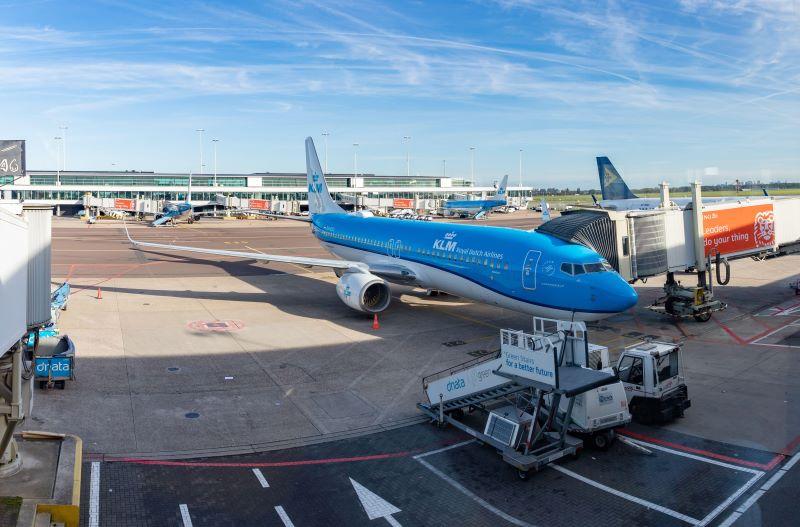Netherlands To Appeal Court Ruling On Schiphol Airport Capacity Cap

Credit: Bruno Coelho / Alamy Stock Photo
The Netherlands government plans to appeal a Dutch court ruling that found the government’s plan to limit flight capacity at Amsterdam Airport Schiphol to reduce noise contradicted European Union Rules. Infrastructure Minister Mark Harbers told Dutch MPs that the government would be appealing the...
Subscription Required
This content requires a subscription to one of the Aviation Week Intelligence Network (AWIN) bundles.
Schedule a demo today to find out how you can access this content and similar content related to your area of the global aviation industry.
Already an AWIN subscriber? Login
Did you know? Aviation Week has won top honors multiple times in the Jesse H. Neal National Business Journalism Awards, the business-to-business media equivalent of the Pulitzer Prizes.
